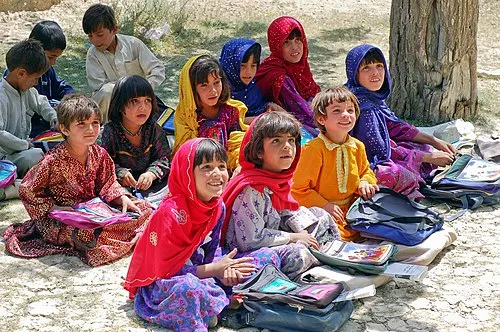
World Food Day: Celebrating Global Food Security and Sustainable Practices
World Food Day, celebrated annually on October 16, is a significant global event that raises awareness about hunger, food security, and sustainable agriculture. Established in 1945 by the Food and Agriculture Organization (FAO) of the United Nations, this day aims to highlight the importance of food in our lives and promote global cooperation to combat issues related to hunger and malnutrition.
Purpose of World Food Day
The main purpose of World Food Day is to educate and encourage collective action to eliminate world hunger, malnutrition, and food insecurity. This day not only reminds us of the millions of people who suffer from hunger but also emphasizes our responsibility to ensure access to safe, nutritious food for everyone.
Thematic Focus
Each year, World Food Day adopts a specific theme to address critical issues related to food and nutrition. These themes reflect the ongoing challenges faced globally, such as poverty, environmental sustainability, and climate change.
Examples of Previous Themes:
- 2022: 'Leave NO ONE behind'.
- 2021: 'Our Actions are Our Future: Better Production, Better Nutrition, a Better Environment, and a Better Life.'
- 2020: 'Grow, Nourish, Sustain. Together.'
Events and Activities
World Food Day is celebrated through various activities around the world, from community events to educational seminars. Governments, organizations, and individuals participate by organizing workshops, food drives, and campaigns to spread awareness about food-related issues. Schools often engage students in activities such as cooking competitions, nutritional workshops, and discussions on healthy eating habits.
Key Activities Include:
- Food distribution drives for those in need.
- Educational sessions focusing on nutrition, farming techniques, and food waste reduction.
- Various cooking contests that promote healthy eating.
- Partnerships with local farmers to support sustainable agriculture.
Global Initiatives and Commitments
Numerous global initiatives are tied to World Food Day, including the Sustainable Development Goals (SDGs). Goal 2, 'Zero Hunger,' aims to end hunger, achieve food security, and promote sustainable agriculture by 2030. It highlights the interconnectedness of global food systems and the need for collaborative efforts from all sectors of society.
Organizations like the FAO, World Food Programme (WFP), and various NGOs actively engage in programs and campaigns to support food security on a global scale. Through research, innovative practices, and grassroots movements, these organizations strive to make a difference in the fight against hunger.
How You Can Get Involved
Individuals can play a crucial role in promoting food security and sustainability through simple actions in their daily lives. Here are some ways you can contribute:
- Support local farmers and food markets by purchasing fresh produce.
- Reduce food waste at home by planning meals and utilizing leftovers.
- Educate yourself and others about nutrition and sustainable eating practices.
- Volunteer at local food banks or organizations focused on hunger alleviation.
Conclusion
World Food Day serves as a powerful reminder of the challenges of food security and the importance of sustainable practices. By coming together to advocate for change, we can make significant strides towards a world where everyone has access to nutritious food. Let’s celebrate this day by recognizing the power of food in shaping our future.






